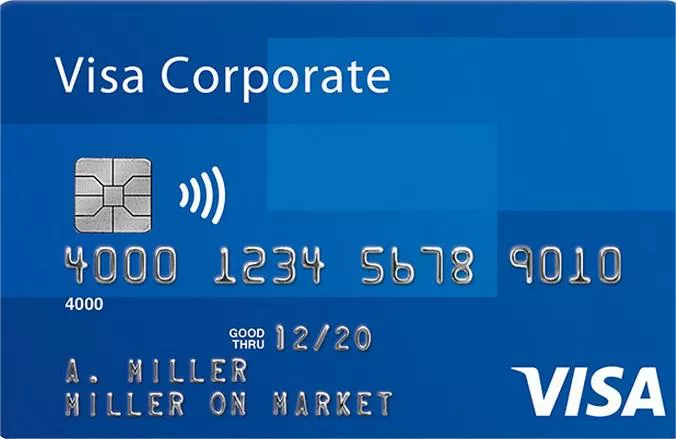Colombia has agreed to accept some of its deported citizens after U.S. President Donald Trump threatened tariffs and visa restrictions in response to the country’s refusal to accept two U.S. planes carrying Colombian migrants.
Tensions Escalate Over Deportation Flights
The conflict began on Sunday when Colombian President Gustavo Petro announced that Colombia would not allow two U.S. military planes carrying deported Colombians to land. The planes were already in transit at the time. Secretary of State Marco Rubio confirmed the situation, which quickly escalated when President Trump issued a harsh response.
Trump took to Truth Social to express his disapproval, stating that the refusal of the planes jeopardized U.S. national security and public safety. In retaliation, he announced plans to impose a 25% tariff on Colombian goods, which would increase to 50% after one week. Additionally, Trump ordered a travel ban and visa revocations for Colombian government officials, allies, and supporters.
“These measures are just the beginning,” Trump declared. “We will not allow the Colombian Government to violate its legal obligations with regard to the acceptance and return of the criminals they forced into the United States.”
Colombia Offers Diplomatic Solution
In response to the U.S. threat, President Petro offered to send a presidential plane to the U.S. to transport the deportees back to Colombia. He insisted that the process be dignified and respectful, as opposed to treating the deportees as criminals.
“The measure responds to the government’s commitment to guarantee dignified conditions,” Petro said in a statement. He also reaffirmed his stance on the treatment of migrants, emphasizing that a migrant should not be treated as a criminal but with the dignity every human being deserves.
Petro posted on social media, showcasing a news video of U.S. deportations to Brazil, where migrants were seen walking with restraints. “I cannot allow migrants to remain in a country that does not want them; but if that country sends them back, it must be with dignity and respect for them and for our country,” Petro wrote.
Escalating Trade Tensions
Petro’s offer was followed by a statement declaring his intention to raise tariffs on U.S. imports to 25%, in retaliation for Trump’s announced tariffs. The Colombian president suggested that these increased tariffs on U.S. goods would create space for Colombian-made products to fill the gap.
“I am informed that you impose a 50% tariff on the fruits of our human labor to enter the United States, and I do the same,” he stated.
Trump’s Stance on Illegal Immigration
U.S. officials, including Rubio, maintained that it was crucial for countries to take back their citizens who are illegally present in the United States. Rubio emphasized that the U.S. would no longer tolerate delays in the deportation process.
“President Trump has made it clear that under his administration, America will no longer be lied to nor taken advantage of,” Rubio stated.
Throughout his campaign, Trump repeatedly emphasized the need to curb illegal immigration, pledging to carry out mass deportations. White House Press Secretary Karoline Leavitt also reiterated this message, highlighting the severity of the consequences for illegal immigration.
Other Latin American Countries Comply
Other Latin American countries were quicker to comply with U.S. deportation requests. Guatemala received two U.S. Air Force C-17 planes carrying about 160 deportees on Friday. Honduras accepted two flights with nearly 200 deported migrants. Mexico also showed compliance, accepting a record four deportation flights in a single day.
As of Sunday, the Colombian deportees remained in U.S. Homeland Security custody. The situation continues to develop as tensions between the two nations unfold.
Related topics:
- How to Get Dual Citizenship in Great Britain?
- How to Check Immigration Status Using Your Social Security Number?
- How Long Does It Take to Process 189 Visas?


